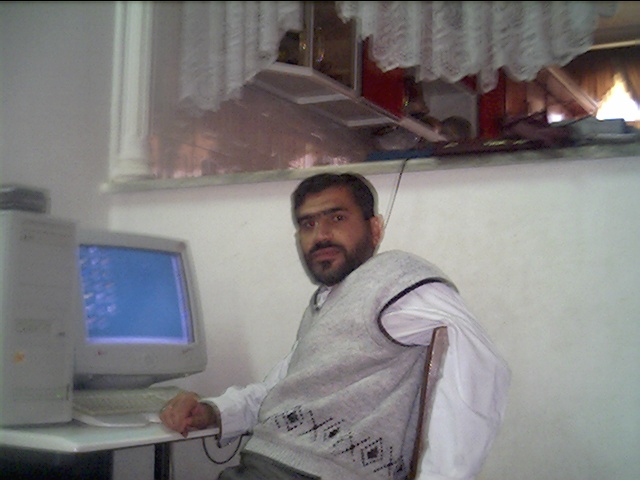English page
Home Page
About Page
Photo Page
What's New Page
Contact Page
Favorite Links
Photo2 Page
Photo3 Page
Custom Page
Blog
salamon alykom
I In The Name of Allah, The Beneficent, The Merciful."
The great majority of scholars of all schools of thought in Islam agree that the Holy Qur'an, as it is today in our hands, was put into writing under the command, and under the personal supervision, of the Holy Prophet himself, and that there were no additions, omissions or alterations whatsoever.
There are, however, a few traditionalists of the Sunni as well as the Shia schools who, influenced by tradition rather than reason and historical fact, have held the view that some omissions and alterations occurred before official assent was given to the present version by the Third Caliph. The advocates of this view have not succeeded in providing any evidence of this.
Their views remain as individual opinion with support from others. Our intention here is to:
1. Point out the reasons underlying these doubts
2. Weigh up the traditions put forward in support of the doubts
3. Given the internal and external historical evidence for and against these theories
4. Explain what Muslims are required to believe about the Holy Qur'an as a part of their belief
Before dealing with these matters, the following points must of necessity be made.
Reference: A Commentary on The Holy Qur'an
by :S.V. Mir Ahmad Ali, P. 11
Tanku
Saeedshams
2003/4
16/3/1382
Gom city
Iran.
s
The great majority of scholars of all schools of thought in Islam agree that the Holy Qur'an, as it is today in our hands, was put into writing under the command, and under the personal supervision, of the Holy Prophet himself, and that there were no additions, omissions or alterations whatsoever.
There are, however, a few traditionalists of the Sunni as well as the Shia schools who, influenced by tradition rather than reason and historical fact, have held the view that some omissions and alterations occurred before official assent was given to the present version by the Third Caliph. The advocates of this view have not succeeded in providing any evidence of this.
Their views remain as individual opinion with support from others. Our intention here is to:
1. Point out the reasons underlying these doubts
2. Weigh up the traditions put forward in support of the doubts
3. Given the internal and external historical evidence for and against these theories
4. Explain what Muslims are required to believe about the Holy Qur'an as a part of their belief
Before dealing with these matters, the following points must of necessity be made.
Reference: A Commentary on The Holy Qur'an
by :S.V. Mir Ahmad Ali, P. 11
Tanku
Saeedshams
2003/4
16/3/1382
Gom city
Iran.
s
معرفی چند سایت قرآنی
